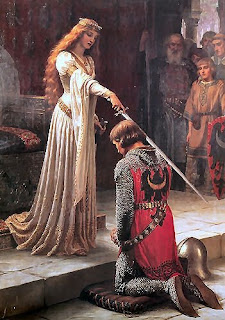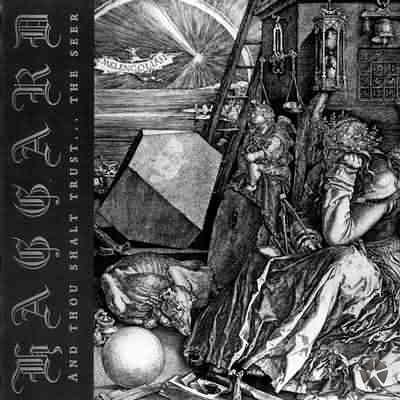Make a list with the vocabulary you will find right here throughout the Second Term. DO IT IN A NEW LABEL, not into the Music Label but in the "Music Vocabulary" Label you created the First Term.
Musical meaning: significado musical. Dot: puntillo.
Rhythm: ritmo. Ligature: ligadura.
Dot: puntillo. Snare drum: caja.
Drums: batería. Clap: palmada.
Bar: compás (el espacio del pentagrama). Orchestra: orquesta.
Time signature: compás (la fracción numérica). Conductor: director.
Tempo: "tempo". Ensemble: formación musical.
Chordophone: cordófono. Aerophone: aerófono.
String: cuerda. Bow: arco.
Rub: frotar. Pluck: pulsa, puntear.
Guitar pick: púa. Viola: viola.
Violoncello: violonchelo. Double bass: contrabajo.
Tuning peg: clavija. Harp: arpa.
Brass: viento metal. Woodwind: viento madera.
Mouthpiece: boquilla. Saxophone: saxofón.
Oboe: oboe. Clarinet: clarinete.
Trumpet: trompeta. French horn: trompa.
Percussion: percusión. Amplifier: amplificador.
Soprano: soprano. Mezzo-soprano: mezzo-soprano.
Tenor: tenor. Baritone: barítono.
Grand piano: piano "de cola". Kettle drum: timbal.
Thursday, 31 January 2019
Friday, 25 January 2019
H. PROJECT III
Guidelines
1) In class, we will work on some issues related to the Middle Ages, both in
Music terms and in History, Art, Sociology and Culture.
2) As
for Practice hour, the students will play with the recorder some interval and
chord exercises as well as progressions, in relation to the musical
“pre-harmony” theory of this historical period.
3) Together,
we will play the “cantiga” Santa María
Strela do Día by Alfonso X “el Sabio”. Instruments: recorder (students),
piano and guitar (teacher).
4) Some
videos related to the Middle Ages will be uploaded to the blog by the teacher.
The students must answer a series of questions focused on this topic.
5) Some
artistic images will be uploaded to the blog by the teacher, and the students
must answer a series of questions.
Deadline: around mid March.
* * *
1) What period does the Middle Ages cover?
2) What general characteristics does it have (according to the teacher’s comments)?
3) What is the main difference between “troubadours” and “minstrels”?
4) Pay attention to these two monuments (a Romanic church and a Gothic cathedral). What do their
different heights have in common with the music evolution of those centuries?
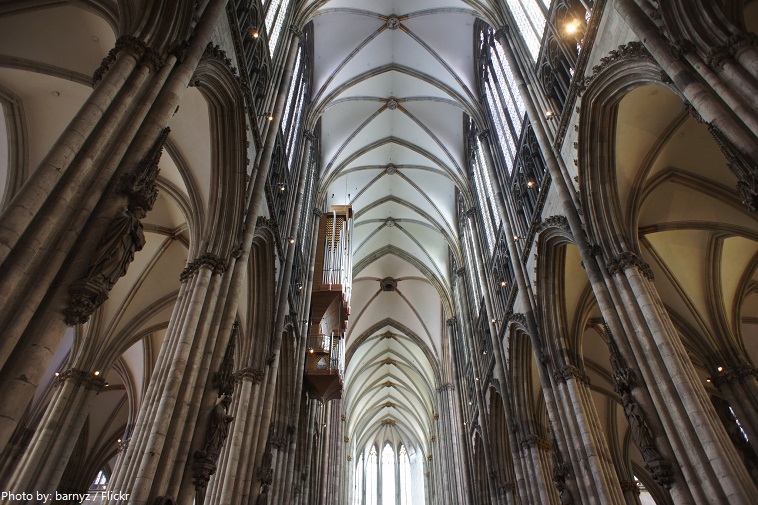


5) What do you feel looking at these
pictures (taken from the 19th century but directly linked to the
Middle Ages)? In your own opinion, what kind of music could accompany these
images?




6) Why does Heavy Metal music love
this aesthetic?
:format(jpeg):mode_rgb():quality(90)/discogs-images/R-1992917-1257286845.jpeg.jpg)
:format(jpeg):mode_rgb():quality(90)/discogs-images/R-1992917-1257286845.jpeg.jpg)
7) This video explains the evolution
(intervals and so forth) of Middle Ages’
music such as we are playing in class.
8) This is the song we are playing
together in class.
9) Here you have the original score
and the adapted one (modern music language) that you are playing in class
(and at home I would like to believe). Have a look at their main differences.
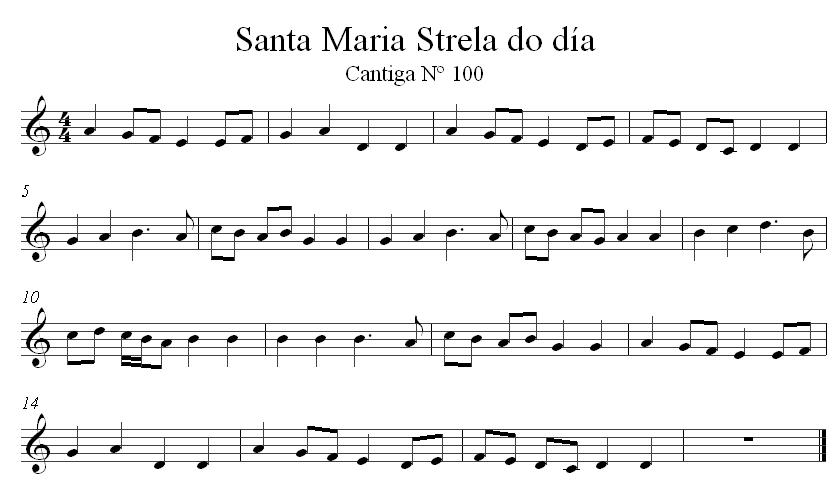
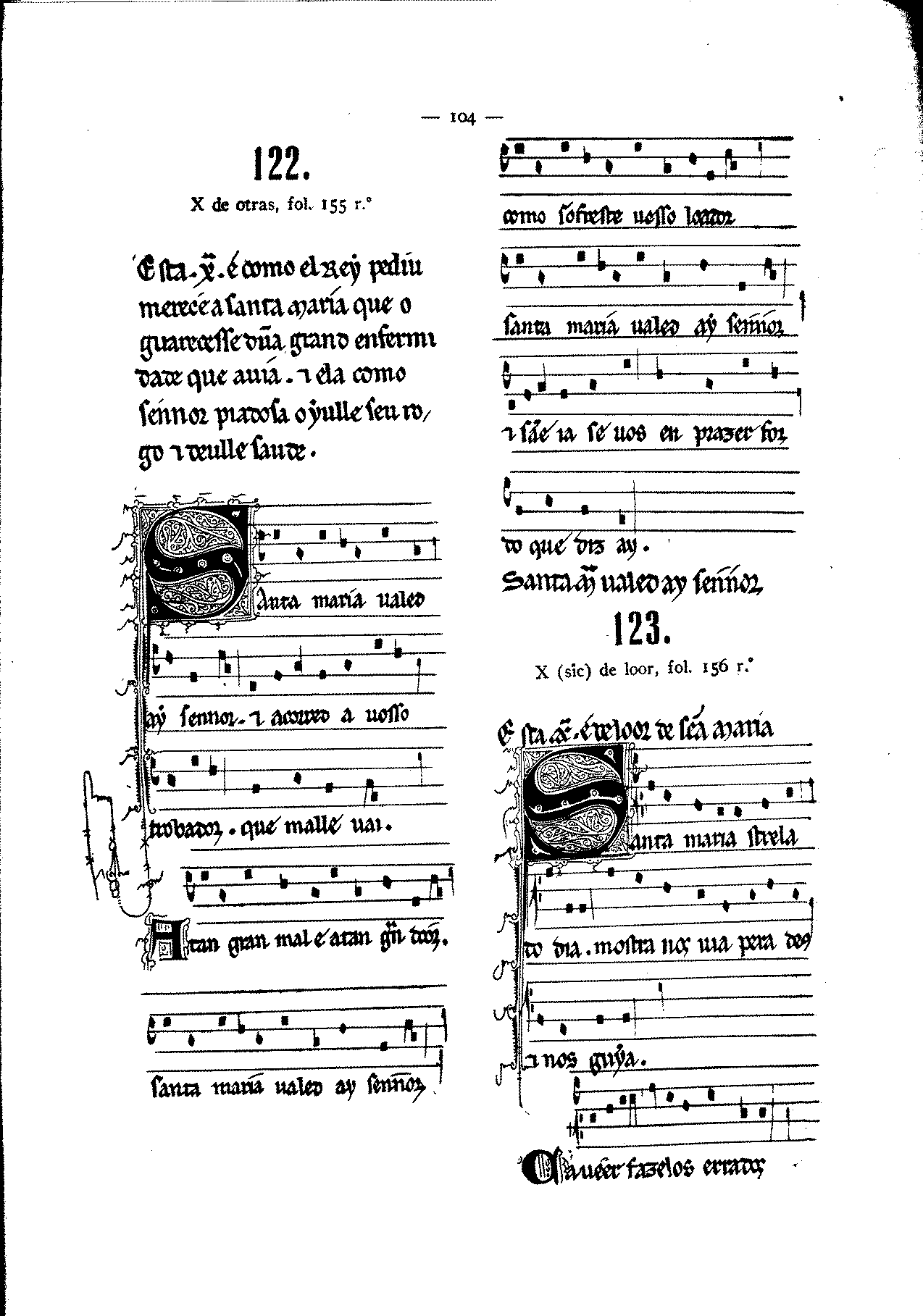


Wednesday, 9 January 2019
G. SELF-ASSESSMENT (FIRST TERM)
1- WHAT CAN I DO THAT I COULDN'T DO BEFORE?
2- WHAT DO I LIKE MOST?
3- WHAT DO I DO WELL?
4- WHAT AM I CONFUSED ABOUT?
5- WHAT DO I NEED HELP WITH?
6- WHAT DO I DO IN ENGLISH AND/OR MUSIC OUTSIDE THE CLASS?
7- WHAT DO I NEED TO IMPROVE?
8- WHAT DID I LEARN ABOUT CULTURE?
2- WHAT DO I LIKE MOST?
3- WHAT DO I DO WELL?
4- WHAT AM I CONFUSED ABOUT?
5- WHAT DO I NEED HELP WITH?
6- WHAT DO I DO IN ENGLISH AND/OR MUSIC OUTSIDE THE CLASS?
7- WHAT DO I NEED TO IMPROVE?
8- WHAT DID I LEARN ABOUT CULTURE?
Subscribe to:
Comments (Atom)

